Learn about brain health and nootropics to boost brain function
Scientists uncover brain mechanisms for social memory recall in mice
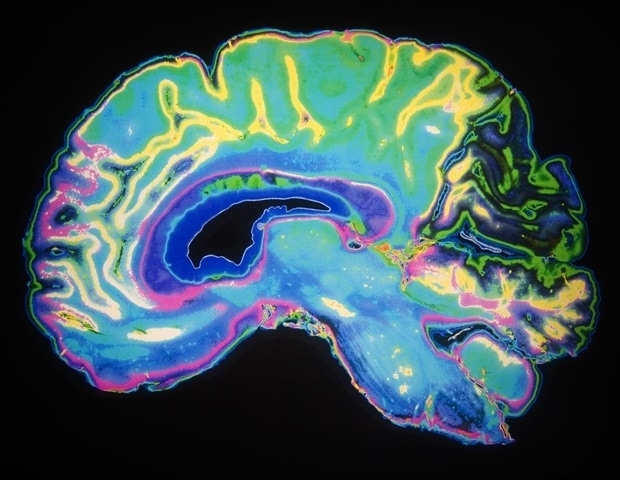
The human brain has the extraordinary ability to rapidly discern a stranger from someone familiar, even as it can simultaneously remember details about someone across decades of encounters. Now, in mouse studies, scientists at Columbia’s Zuckerman Institute have revealed how the brain elegantly performs…
Study suggests how brain waves are part of memory

Representative image. Image Credit: ANI Spatial navigation and memory are essential components of our daily lives. Without these talents, we would struggle to navigate our surroundings and remember previous experiences. However, the neural foundation of spatial memory remains poorly known. A study group directed…
Are stressed-out brain cells the root cause of neurodegenerative disease?
Many neurodegenerative diseases, such as Alzheimer’s and Parkinson’s diseases, are characterized by the accumulation of protein clumps, or aggregates, in the brain, which has led scientists to assume that the protein tangles kill brain cells. The search for treatments that break up and remove…
LOCKDOWNS KILL: Study reveals social isolation can increase inflammation in the body

According to a study, spending too much time on your own can increase inflammation in the body . Details of the study were published in the journal Brain, Behavior, and Immunity. The research team warned that being excessively solitary may impact both your mental…
Breakthrough AI Uses Brain Scans to Predict Antidepressant Effectiveness in Just One Week

Researchers from Amsterdam UMC and Radboudumc have developed an AI algorithm capable of predicting the effectiveness of antidepressants within just a week of treatment initiation. This promising technique employs brain scans coupled with clinical information to rapidly determine whether sertraline—one of the most commonly…
Study links micro- and nanoplastics to Parkinson’s and dementia

Advertisement A study has found that microplastics and nanoplastics affect a specific protein found in the brain, causing changes associated with Parkinson’s disease and some types of dementia. Microplastics and nanoplastics Microplastics and nanoplastics are two types of plastic waste that have become a…
How the “Little Brain” Fuels Motivation and Addiction
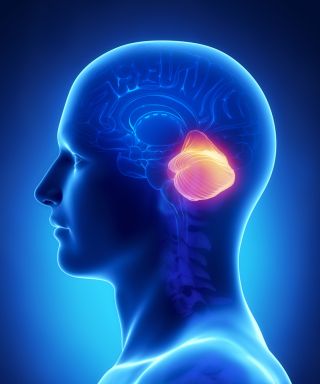
Key points First-of-its-kind research shows how the cerebellum modulates dopamine release within the basal ganglia. Motivation and addiction are both fueled by dopamine activation in the basal ganglia’s substantia nigra. Too little dopamine causes Parkinson’s disease. Stimulating the cerebellum may be a new treatment…
Study finds brain mechanism that may explain how physical exercise improves mood
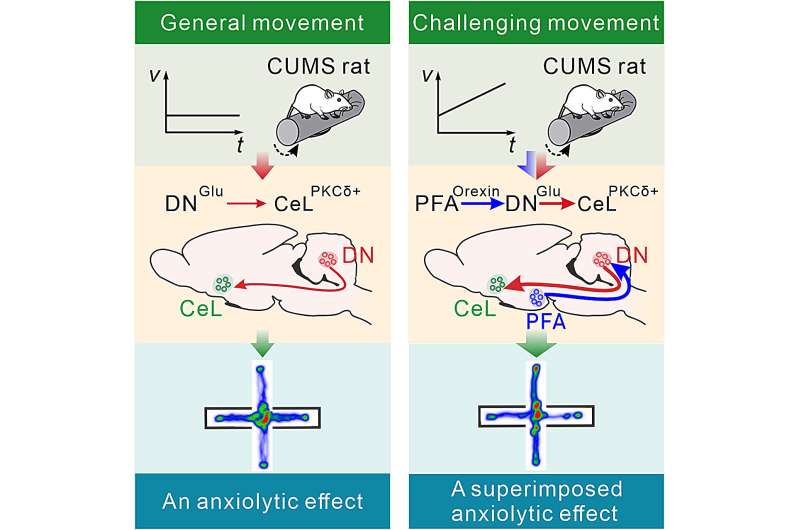
by Nanjing University School of Life Sciences Challenging movement can improve anxiety more effectively by recruiting the hypothalamic-cerebellar orexinergic circuit which more strongly activates the cerebello-amygdalar glutamatergic monosynaptic projections. Credit: Neuron (2024). DOI: 10.1016/j.neuron.2024.01.007 “Only exercise can remove all kinds of doubts,” Goethe said….
The Science of Sleep: Understanding What Happens When You Sleep

man in sleep study Sleep accounts for one-quarter to one-third of the human lifespan. But what exactly happens when you sleep? Before the 1950s, most people believed sleep was a passive activity during which the body and brain were dormant. “But it turns out…
New Tech Could Record Deep-Brain Activity From Surface
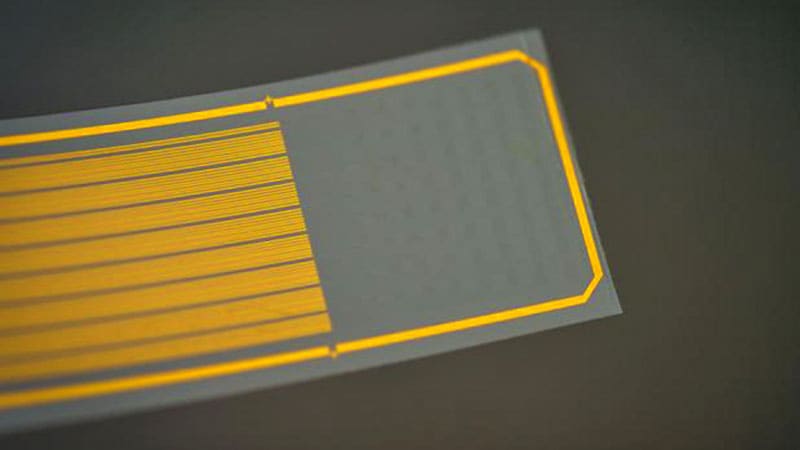
0 Modern technology for recording deep-brain activity involves sharp metal electrodes that penetrate the tissue, causing damage that can compromise the signal and limiting how often they can be used. A rapidly growing area in materials science and engineering is to fix the problem…
You must remember this: VT discovery may lead to keeping good memories, removing bad ones
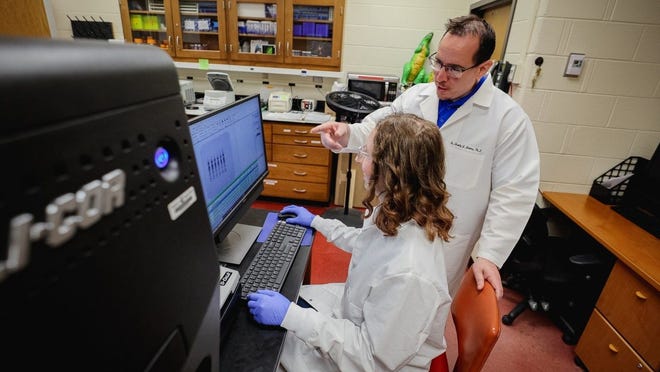
A protein in the brain may pave the way for targeted therapeutic interventions to enhance memory or alleviate negative memories. Virginia Tech researchers discovered a new function for a common protein in the brain — a development that sheds new light on the mysteries…
Neuroscientists just uncovered a fascinating link between sleep, memory, and breathing
In a groundbreaking study, researchers have discovered a significant link between breathing patterns during sleep and the brain’s ability to consolidate memories. This finding, published in Nature Communications , sheds light on how the simple act of breathing might play a pivotal role in…
Does the Brain Slow Down Our Aging Process?

Key points Inflammation plays a critical role in aging and age-related diseases. The immune system has mechanisms for resolving inflammation that are impaired in elderly individuals. The brain is capable of sending an antiinflammatory signal to inflamed tissues and disrupted with aging. It has…
How the brains of healthy older adults perceive color
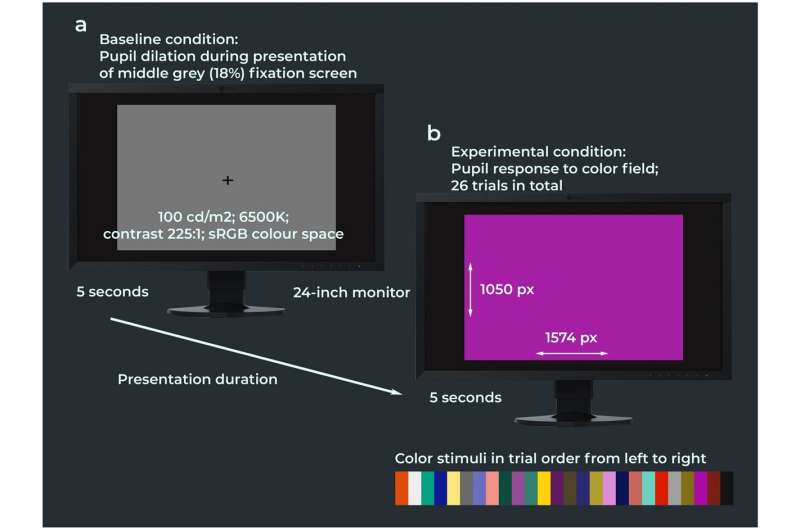
Procedure of the color pupillometry experiment. The experimental stimuli consisted of 26 broad-spectrum color fields which were shown in a black-out room on an Eizo ColorEdge CG2420 24-inch LCD monitor in pseudo-randomized to prevent that variations of the same color category were shown in…
Promising Findings – Scientists Successfully Revive Lost Brain Function Following Stroke
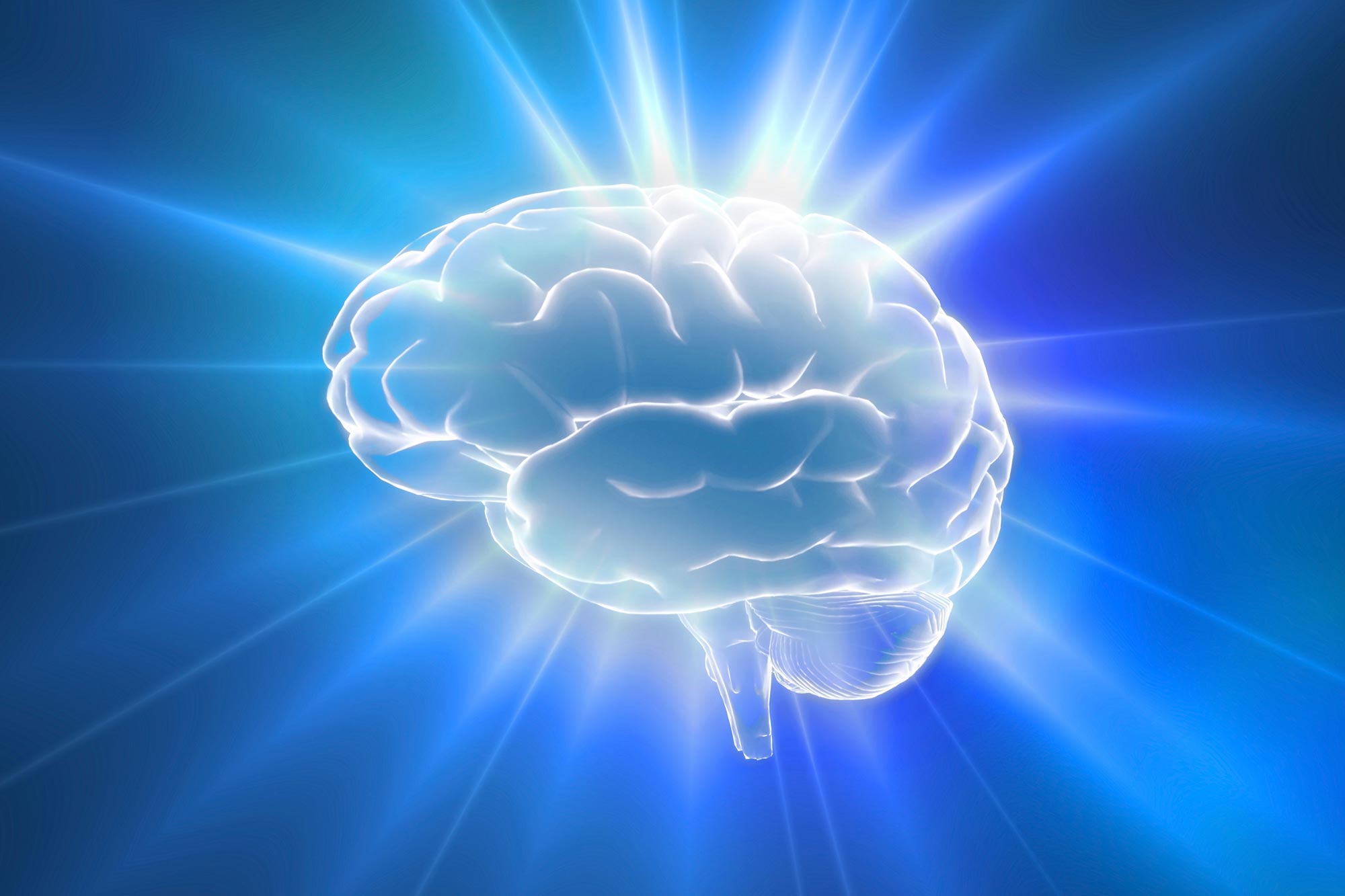
Researchers have discovered a potential stroke recovery therapy that can restore brain function in mice after a stroke. This therapy, involving inhibitors of the metabotropic glutamate receptor mGluR5, has shown to improve sensorimotor functions even when administered days after a stroke. The study suggests…
Multivitamins May Boost Memory and Brain Health in Older Adults

What if you could boost your memory and slow cognitive aging with a single supplement? According to a major new study, you can. Multivitamins are the most commonly used dietary supplements in the U.S., with 40 percent of those over the age of 60…
New online study explores link between healthy brains and bodies

Credit: Ketut Subiyanto from Pexels So little is understood about the dialogue between the body and the brain. It might seem obvious that our physical state can affect our ability to think, but there are many fundamental questions neuroscientists would still like to answer—with…
Cannabis found to activate specific hunger neurons in brain
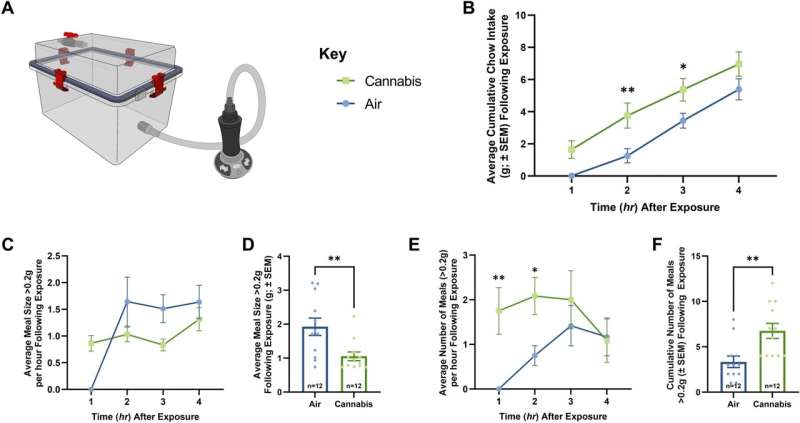
Vapor Cannabis Exposure Augments Meal Frequency. (A) Illustrates the vapor chamber apparatus used in the following studies. (B), (C), and (E) Represent quantification of ingested chow at 1-h intervals following air or cannabis exposure (n = 12/group), significance calculated with two-way repeated measures ANOVA…
Research shows Lion’s mane mushroom can combat dementia and cognitive decline
Currently, there are more than 55 million people who suffer from dementia worldwide, and nearly 10 million new cases of dementia are diagnosed each year . Cognitive decline has become such a pervasive issue in modern society; it has become normalized across the political…
Study challenges traditional views on how the brain processes movement and sensation
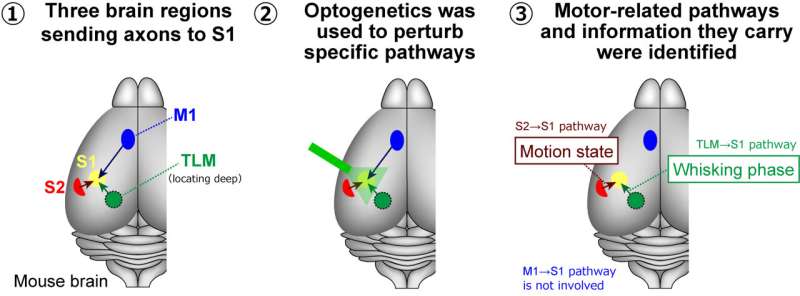
Utilizing optogenetics, researchers at Fujita Health University have selectively deactivated neural pathways with light, revealing new insights into how sensory and motor areas of the mouse brain communicate during movement. Credit: Takayuki Yamashita from Fujita Health University Our body movements profoundly impact how our…